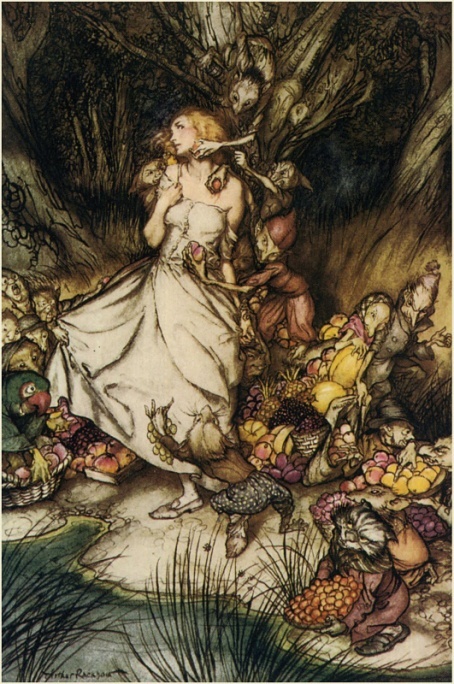The most important role in this society trying to rebound from near annihilation is simply to keep the species going. In other words, the ability to bear children, to care for and provide milk to them, to nurture them, and ultimately to sustain the population. This ability is sacred. Anything which jeopardizes that essential contribution to the clan should be avoided.
It is biological fact that females are the only ones who have these all these abilities, and although males play a role at the beginning, it is possible to do without the male after that step.
Outside the settlement are bandits, natural hazards, predatory animals, and so on. If these risks must be dealt with for trade and other business, let the men dirty themselves with such things. The losses of a few men from time to time are a cause for sorrow, but the collective can rebound. However, the women must be protected.
EDIT (to incorporate some good thoughts in comments). This does not necessarily imply this culture is sexist against women. In fact, it could easily have been the women who devised this system, i.e. "We're too important and vital here, you buffoons go trade with the village over the vale, while we look after the babies." Or if you don't want sexism either way, replace "you buffoons" with "you worthy stalwart protectors" or similar.
Further, as other answers mention, exactly this attitude did exist in certain Real World(TM) societies, and still permeates our stereotypes and prejudices to this day.

